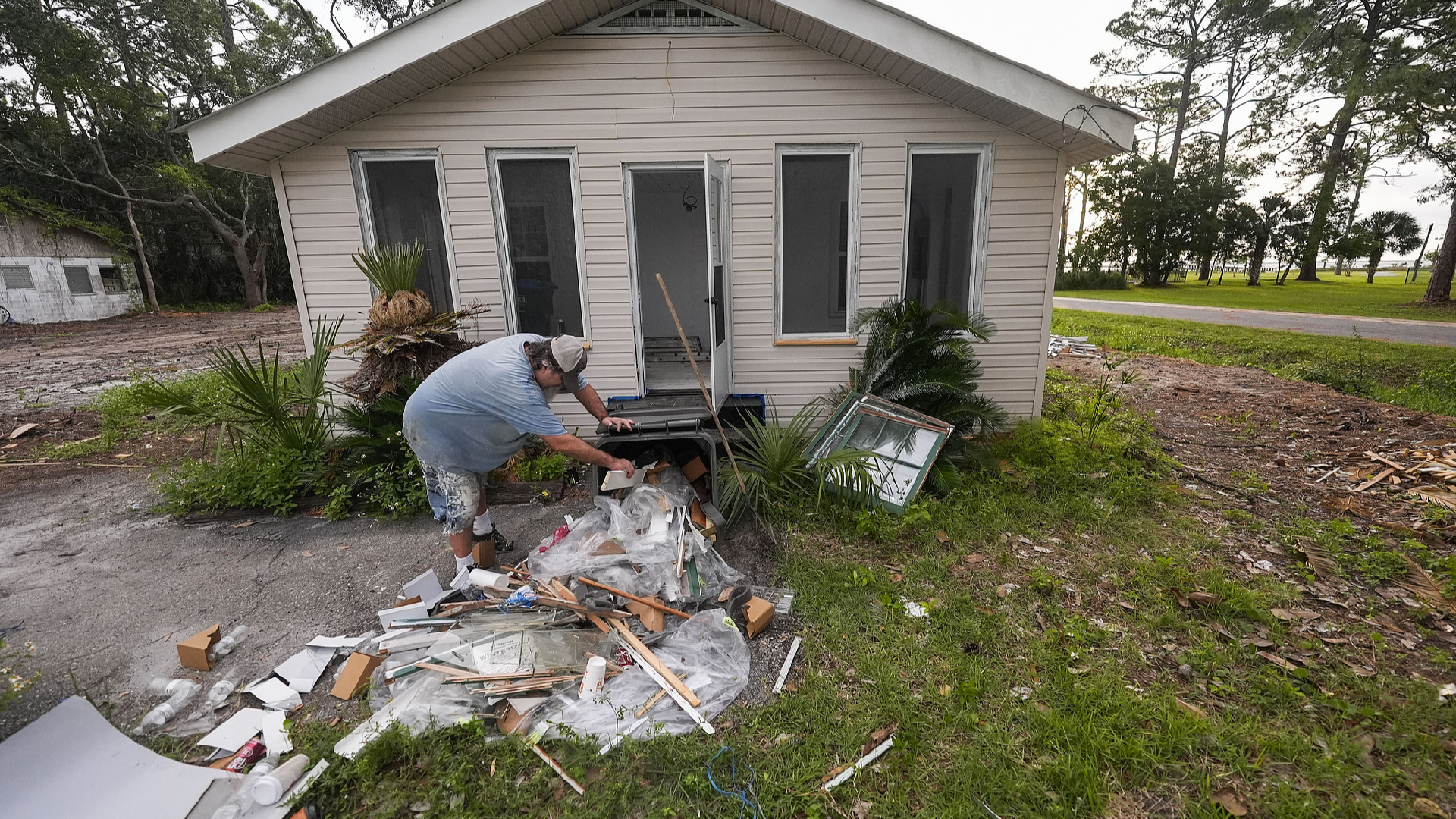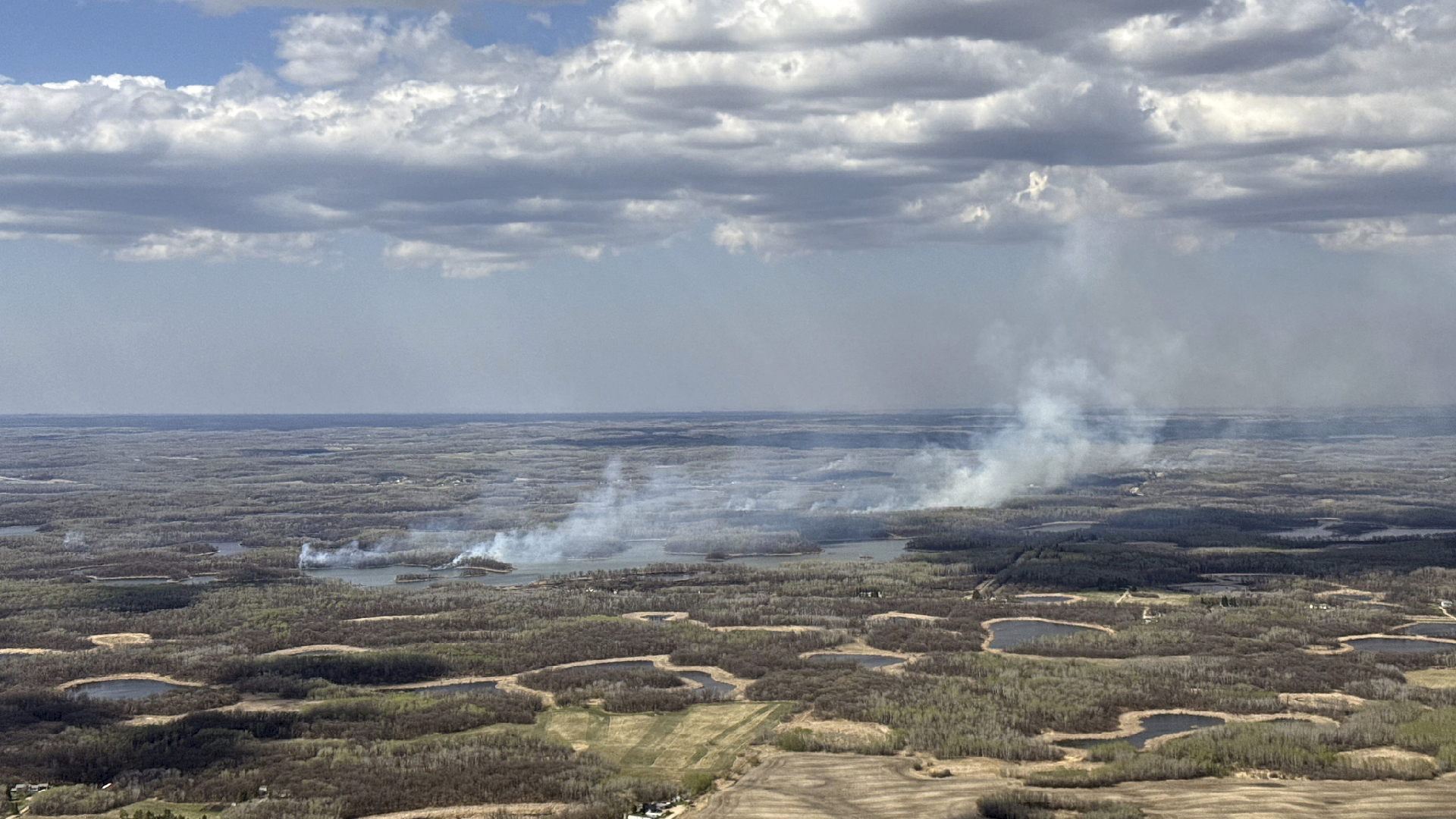Southeast U.S. confronts expensive recovery efforts as Helene's death toll increases
The Southeast U.S. is bracing for an expensive cleanup effort as the death toll related to Helene continues to climb.

The storm was among the most powerful and potentially costly to impact the country, with reports of dozens of fatalities and concerns that additional bodies might be uncovered across several states.
In the tiny coastal community of Horseshoe Beach, Florida, Charlene Huggins was in tears as she surveyed the remnants of her family home. "Five generations lived in this house, from my grandmother, my father, myself, my daughter, son and my granddaughter. We were raised in this house. So it's, there's a lot of memories here. It's just, it just, it breaks your heart. It just devastates you."
Damage estimates from Hurricane Helene range between $95 billion and $110 billion, positioning it as one of the most expensive storms in modern American history, according to AccuWeather's chief meteorologist.
As of Saturday afternoon, over 3 million people remained without power across five states, with officials warning that it might take several days before electricity was fully restored.
Though Helene was downgraded to a post-tropical cyclone late Friday, the storm's remnants continued to bring heavy rains, leading to significant flooding and raising alarms about potential dam failures that could inundate whole towns.
Western North Carolina experienced some of the heaviest rainfall, putting residents near the Lake Lure Dam at risk. George Carter recounted his experience during the hurricane. "Power went out. Cell phone went out ... So, there's no way to talk to anyone. Some of the neighbors came and knocked on doors and we sort of communicated with each other, in the pouring rain. I walked across the street to go check on a house that is a friend of mine's, and the water was at least ten feet up from where it should be."
On Saturday, President Joe Biden referred to the devastation caused by the storm as "overwhelming." The White House stated that Biden had instructed emergency officials to expedite support for storm survivors and deploy additional search and rescue teams to North Carolina.
Meanwhile, communities like Adam Jackson's in Mill Spring are banding together to support one another. "There's probably 50 trees blocking my neighbors from coming out. I started helping them yesterday, the neighbors at the other end of the road. We got us out, but the other neighbors are trapped. Our little area and community ... We're not stepping over each other. We're not jumping lines to buy the last candy bar. That's the way the world needs, we need community back."
Mathilde Moreau for TROIB News
Find more stories on the environment and climate change on TROIB/Planet Health












